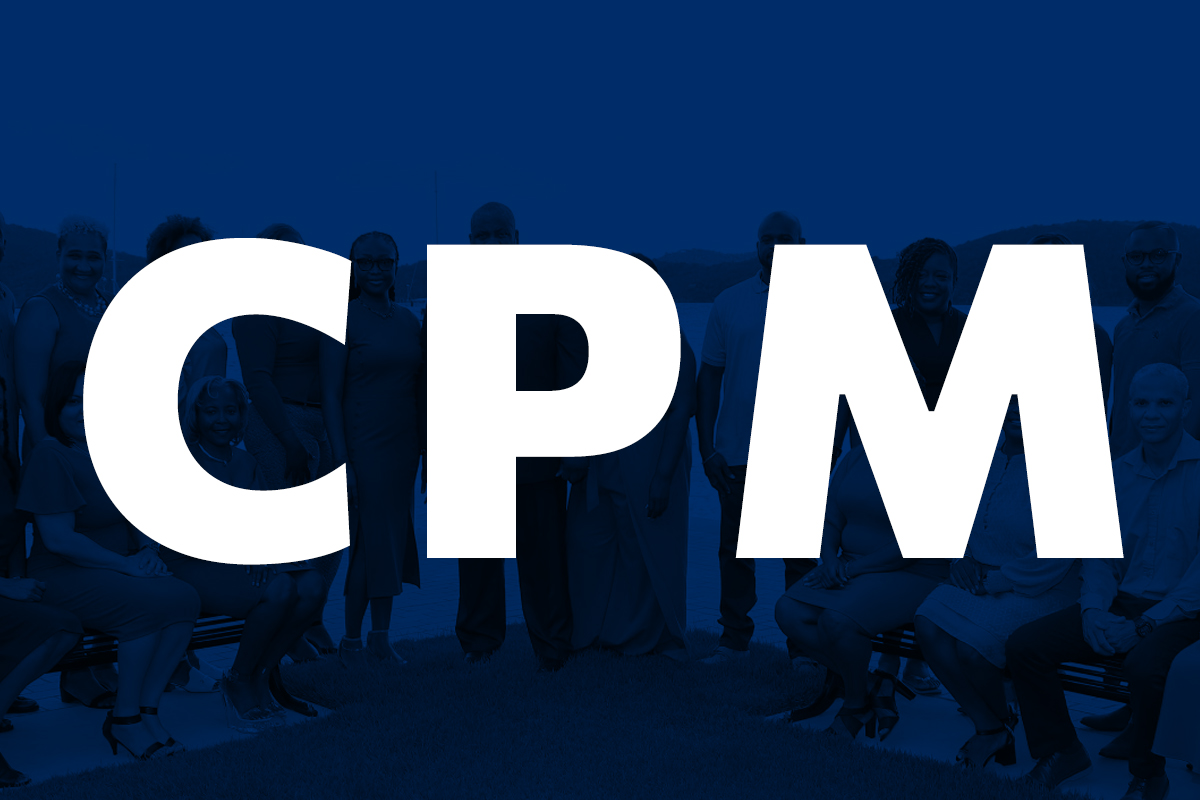In-Person or Virtual Learning
Courses with live instructors conducting courses in class or virtually.
This program is to ensure that participants are well versed in various aspects of the vehicle for hire industry and our tourism product, which upon successful completion would then be eligible to obtain a Class 'C" Endorsement on their driver's license to conduct a taxi/chauffer business.
The Virgin Islands Certified Public Manager Program is a management development certificate
program specifically for managers in federal, state, and local government and non-profit
organizations.
The Center serves as a mechanism for promoting spirituality and professionalism which
are the key essentials to success.
The project creates and delivers a curriculum to prepare students to become Unmanned
Aerial Vehicle (UAV/drone) operators and/or private pilots.
The Certified Fundamentals Cook (CFC) is a 6-month certification program for beginners.
The program combines hands-on learning and immersive industry experience using a learn-by-doing
approach in the program’s on-campus restaurant.
The EDA supported University Center (UC) program is specifically designed to leverage
the resources located in colleges and Universities to support regional economic development
strategies in regions of chronic and acute economic distress.








